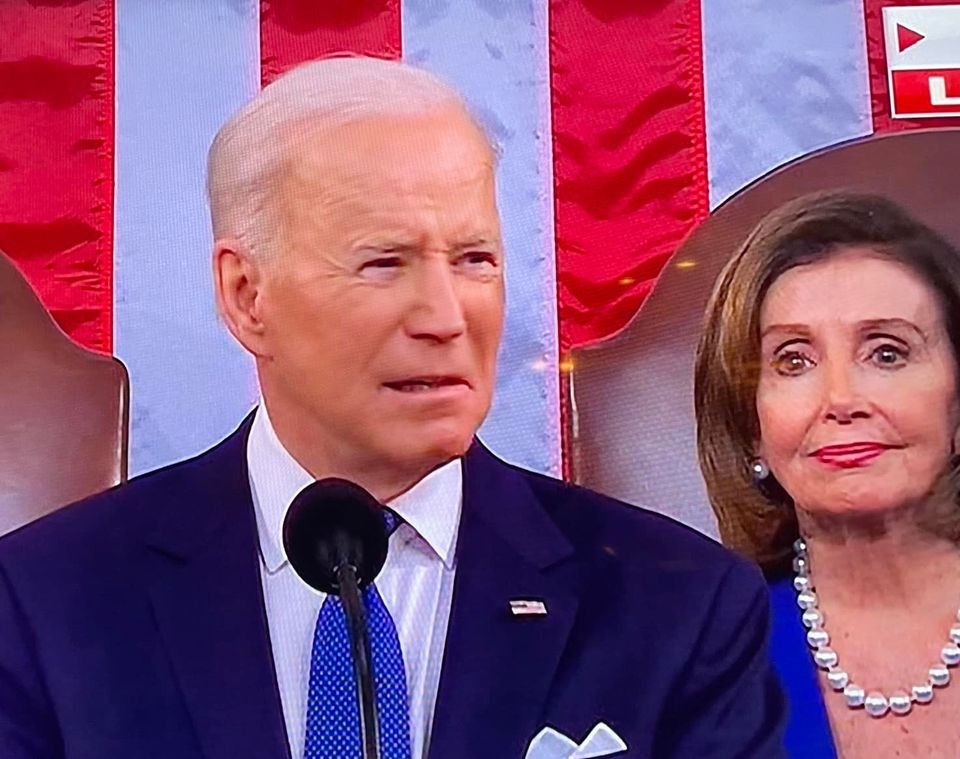Boycott Pechanga
Windfall profits from casinos narrows down members of 'Tribes'
By Karyn Chenoweth
Oct 27, 2007, 16:46 GMT
America's latest group of millionaires and billionaires are winnowing their tribal herds, in efforts to keep the money all in the family.
Case in point, Rhode Island's Narragansett Indians have ejected some "dubious" members.
CNN reports that Dennis Champlain and his extended family are among thousands of people removed from American Indian tribes in recent years, often amid tribal squabbles or when a casino comes to town.
In Rhode Island, the Narragansetts' removal of about 140 of roughly 2,400 members has become an issue in Saturday's election for the tribe's chief sachem, or leader.
CNN reports that Tribal officials say they have the right to decide who is a member and to prevent fraud by people angling for a share of gambling money. But many of those kicked out complain they have little recourse to fight what amounts to an attack on their identity.
"We're in the process of a redefinition of tribal identity at its core," said David Wilkins, a political scientist at the University of Minnesota and a member of North Carolina's Lumbee Tribe. "It's ramping up in a way that's really quite frightening to a lot of Native people."
Wilkins traces most purges to four factors: internal political squabbles, stricter racial requirements for membership, punishment for gang or drug-related crime and, most often, during debates over sharing casino profits.
A 1978 U.S. Supreme Court ruling said the federal government should not intervene in most tribal membership disputes, leaving appeals up to the tribes.
Tribal casinos generated $25 billion in revenue last year, according to the National Indian Gaming Commission. Tribes often split the profits by making payments to members.
Fewer members can mean a larger paycheck for those left.
The windfalls of cash lure people with dubious claims of ancestry. The Pechanga Band of California said it was deluged with membership claims after it opened its casino in 1995.
John Gomez Jr., 39, a Pechanga member since childhood, was kicked out in 2004. He said gambling profits were one factor: He lost free health care and a $15,000 monthly payment. But he said he and others had questioned leaders before a tribal election. "I think a lot of it has to do with the money, but there's a lot of it that's also about the politics," said Gomez, who co-founded the American Indian Rights and Resources Organization, a group that lobbies against expelling tribe members.
The Pechanga council has said it cut members who should never have been let in. OP: The tribe also voted to STOP all disenrollments and the Council went forward with disenrollments.
It's not clear how many people have been removed from tribes in the last few years. There are 562 federally recognized tribes, and tribal governments are not required to report citizenship decisions. But the number is in the thousands.
Gomez's advocacy group counts at least 1,500 people ousted from 13 tribes in California.
In Michigan, the Saginaw Chippewa want to remove about a tenth of their 2,700 members due to rules that require them to be at least one-quarter Indian.
Critics said it's an attempt to cut casino payments.
The Cherokee Nation voted in March to deny citizenship to an estimated 2,800 descendants of tribal slaves.
In the Narragansett election, Paulla Dove Jennings, a historian, is running an underdog campaign against the incumbent, Matthew Thomas, saying it is unfair to take people's identities as Narragansetts away.
CNN reports that the tribe began a review of its roster about three years ago amid a failed push to build a casino -- but there is a dispute over why. Thomas said a tribal assembly, similar to a town meeting, voted to verify all tribal membership before adding several children to the roster.
But Leslie Champlain, a cousin of Dennis Champlain, said she attended the meeting and believes the tribe did not approve an audit. She suspects tribal leadership wanted to root out dissent after her sister, a tribal councilwoman, demanded a detailed audit showing how the tribe spent millions of dollars, some of it from the gambling company Harrah's Entertainment Inc.
Thomas called Champlain's claim "ridiculous" and said he is bound by the decisions of the tribal assembly and cannot be held responsible for someone else's ancestry.
Members were asked to prove they descend from ancestors listed on an 1880 census using birth, death and marriage certificates. CNN reports the Champlains had used other documents as recently as 1994. This time, it was not enough.
Dennis Champlain said he learned his family was kicked out by reading about it in a newspaper, according to CNN. Thomas said members can appeal to a tribal court, but the Champlains say no one ever told them how to appeal.

